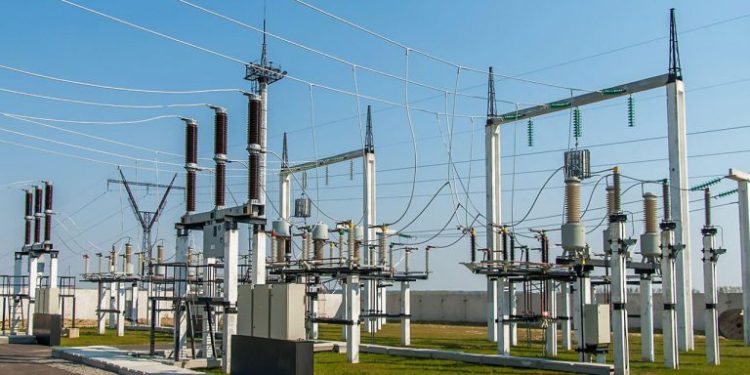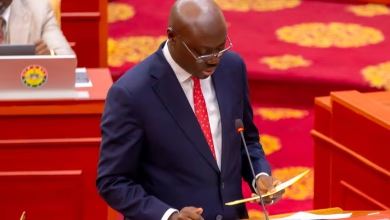The Independent Power Producers Ghana (IPPs) have issued a stark warning that the country’s power sector challenges are on the brink of exacerbation.
According to the Chamber, the sector is at risk of incurring an increased debt of approximately USD$1.8 billion to the IPPs alone by the close of 2024.
This escalation is attributed to the Public Utilities Regulatory Commission’s (PURC) recent decision to further reduce electricity tariffs. The move comes amidst the backdrop of escalating variable costs associated with electricity production.
The decision, while aimed at providing relief to consumers through reduced tariffs, is anticipated to intensify the financial burden on the Independent Power Producers, potentially leading to a substantial debt increase within the sector.
“The prediction is based on Public Utilities Regulatory Commission’s (PURC) decision to further reduce electricity tariffs by 6.56% amidst escalating variable costs of electricity production such as fuel, maintenance, idle capacity charges, as a result of commissioned generation capacities coming on-grid and off-grid generations.
“Natural gas, for instance, sells currently at an average high price of 8.8 US Cents/mmscf, continuous depreciation of the GHS etc. Again, the generation tariffs are set an automatic upward adjustment necessitated by the increasing variable costs and other increased cost events”, the IPPs said in a statement signed by its CEO, Dr Elikplim Kwabla Apetorgbor.
The IPPs are concerned that, the tariff reductions, while beneficial for consumers, have not been matched with a decrease in production costs leading to significant financial deficits.
The Chamber added that the sector is plagued by inefficiencies, including high transmission and distribution losses, which exacerbate the financial challenges.
“This situation mirrors the repercussions of similar tariff actions by the PURC in 2018 by 17.5% and 30% for both residential and non-residential customers, which significantly contributed to the financial gap faced by the Electricity Company of Ghana (ECG). Since then, ECG has never met the Revenue Requirement of the sector. This has placed an avoidable strain on the ECG’s sustainability, resulting in a cycle of financial insolvency, operational and governance deficiencies”.
The core of ECG’s financial woes lies in the imbalance between revenue generation and operational costs.
The release ended by saying that “despite ECG’s commitment to a fixed US$43 million monthly sum to IPPs, it continues to pile up about 70% of its monthly obligations to the Independent Power Producers alone. With this tariff reduction, the Government of Ghana renegotiation appeals to IPPs may hit the rock, as the risk of default on obligations going forward becomes high.”


